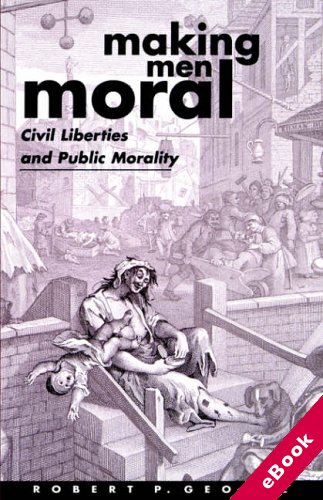
The device(s) you use to access the eBook content must be authorized with an Adobe ID before you download the product otherwise it will fail to register correctly.
For further information see https://www.wildy.com/ebook-formats
Once the order is confirmed an automated e-mail will be sent to you to allow you to download the eBook.
All eBooks are supplied firm sale and cannot be returned. If you believe there is a fault with your eBook then contact us on ebooks@wildy.com and we will help in resolving the issue. This does not affect your statutory rights.
Contemporary liberal thinkers commonly suppose that there is something in principle unjust about the legal prohibition of putatively victimless immoralities. Against the prevailing liberal view, Robert P. George defends the proposition that ""moral laws"" can play a legitimate, if subsidiary, role in preserving the ""moral ecology"" of the cultural environment in which people make the morally significant choices by which they form their characters and influence, for good or ill, the moral lives of others.
The author shows that a defense of morals legislation is fully compatible with a ""pluralistic perfectionist"" political theory of civil liberties and public morality.;This study is intended for postgraduate students and scholars of natural law, legal philosophy and political science and Catholic theologians, religious and moral philosophers.